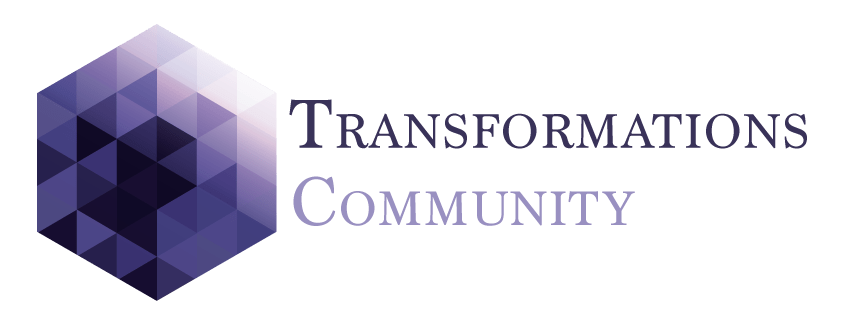Navigating the Tides of Change: Insights from Transformations 2023 Conference
By: Mariana Zafeirakopoulos, Bruce Evan Goldstein, Nick Graham
Abstract:
The Transformations 2023 Conference, a biennial gathering of sustainability researchers and practitioners, delved into the dynamics of equitable, sustainable, and regenerative futures. This article synthesizes key insights from six online sessions, highlighting four conceptual threads: the interplay of inner and outer transformation, the fluidity of transformative leadership, the journey of transformation, and the importance of inclusive community building.
Introduction:
The Transformations 2023 Conference, held in July 2023, united a diverse group of individuals committed to fostering just and sustainable transformations. This article synthesizes discussions from six pivotal online sessions, weaving together themes of inner transformation, leadership, collaboration, and systemic change.
The Four Conceptual Threads:
- Interrelated Nature of Inner and Outer Transformation:
- The conference emphasized the cyclical relationship between personal growth and systemic change. This interplay suggests that external shifts resonate with and influence internal experiences, and vice versa.
- Keynote speaker Mark Cabaj highlighted the necessity of individual transformation as a precursor to systemic change, while Angela Moriggi stressed the importance of mindfulness in transformative processes.
- Transformational Leadership as Fluid and Collective:
- Leadership in transformation is not a static concept but a dynamic, collective process. It involves creating conditions for shared power and agency, fostering an environment conducive to change.
- The concept of “Ukama,” as discussed by Mutizwa Mukute, illustrates this approach, emphasizing interconnectedness among individuals, culture, and nature.
- The Ongoing Journey of Transformation:
- Transformation is a continuous, adaptive process, requiring diverse tools and strategies. The conference highlighted the importance of innovative evaluation methods to assess complex transformations.
- Bryan Jenkins’ discussion on adaptive cycle strategies and the use of diverse transformational tools like the Transformative Urban Labs’ toolbox were key highlights.
- The centrality of Inclusive Community Building:
- Sustainable transformations rely on robust community engagement and collaboration. Recognizing and addressing power dynamics within coalitions is crucial for effective change.
- The conference showcased examples of successful landscape transformation through the synergy of technical expertise and local knowledge, as presented by Bryan Jenkins.
Actionable Recommendations:
- Emphasize the cyclical relationship between personal and systemic change in transformation strategies.
- Develop programs that teach the interconnected and fluid nature of leadership.
- Utilize varied tools and frameworks, like the Transformative Urban Labs’ toolbox, to facilitate coalition formation and maintenance.
- Invest in forming and nurturing partnerships and alliances that drive transformative change.
Conclusion:
The Transformations 2023 Conference illuminated the path for sustainable systems change, underscoring the need for a combination of individual and collective growth, co-creation, and adaptive leadership. It highlighted the importance of community involvement, balancing power dynamics, and integrating diverse voices to shape effective transformational strategies. The insights from the conference serve as a beacon for those navigating the complex waters of sustainability transformations.

